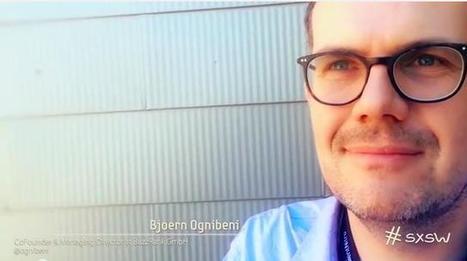
|
Scooped by Robin Good |
Lutz Finger, reports from SxSW on the topic of algorithms, curation and the future, as the skills of content creators, data analysts and code programmers are seemingly converging for the first time.
Among others, he reports Steve Rosenbaum (founder of Magnify.net) significant own words at SxSW: "...a wise combination of human judgement enabled by algorithms will become the new king of content."
But while there are great new tools, startups and ideas leveraging the great potential of big data and human curation, there is a big, invisible danger, still looming on us.
"The danger is that any algorithm might fall prey to someone trying to influence it.
This might be the ones programming the algorithm or the users. We for instance saw governments trying to skew algorithms by introducing fake online personas (Learn more about the US government persona-management software).
But the biggest and realest danger lies in us.
If we believe that there is only one truth and that is the one generated by a black-box algorithm we might be deceived easily."
Informative. Resourceful. 7/10
Full article: http://www.linkedin.com/today/post/article/20140320132545-6074593-the-age-of-the-algorithms-sxsw-summary
See also: www.masternewmedia.org/future-of-search
Image: Bjoern Ognibeni - SxSW



 Your new post is loading...
Your new post is loading...












Knowledge & life turning today into a (google) search. Algorithms are key!
"We are in the era of the algorithm. They decide what news we will see, they decide which person is important and they will even merge more and more into our non-digital lives.
But the biggest and realest danger lies in us. If we believe that there is only one truth and that is the one generated by a black-box algorithm we might be deceived easily."
A reminder, then, that algorithm's should not take the place of critical thinking.
10